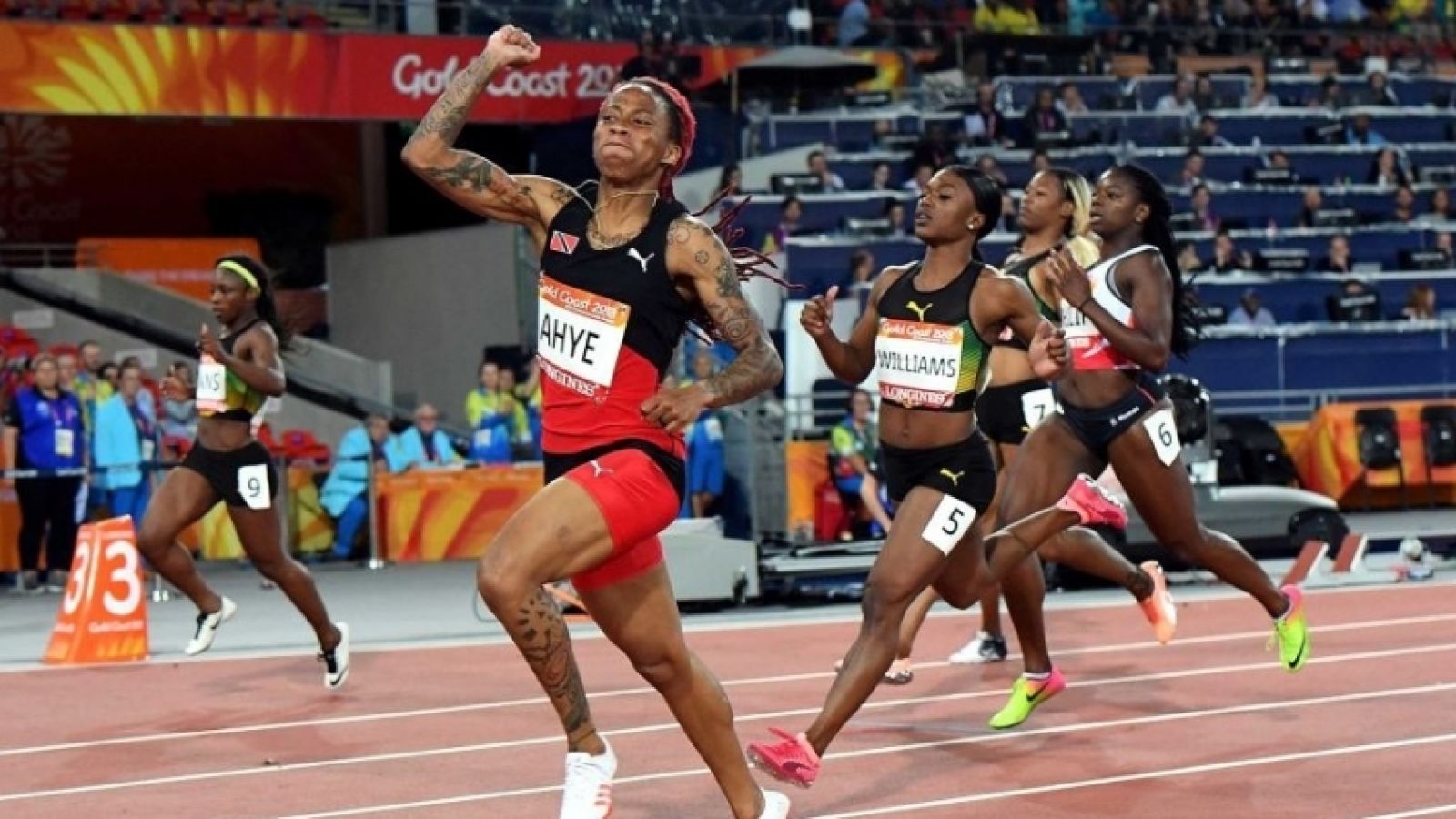
Tags: Athletics, Court Of Arbitration For Sport, Dave Williams, Michelle Lee Ahye, Trinidad And Tobago, Trinidad And Tobago Olympic Committee, World Athletics
Dave Williams, the legal advisor to the president of the Trinidad and Tobago Olympic Committee Brian Lewis, believes they have a good chance of having the Court of Arbitration for Sport overturn the two-year ban imposed on Michelle Lee Ahye for whereabouts violations.
World Athletics banned Ahye, the 2018 Commonwealth Games 100m champion on January 25, 2020, after the athlete missed three doping tests between June 23, 2018, and April 19, 2019.
However, Williams feels that there are strong grounds to have the matter overturned and clear the way for Ahye to compete at the 2020 Olympic Games in Tokyo, Japan in July.
“Having reviewed the judgment, we felt that there were grounds worthy of appeal, without going into the specifics. Additionally, the Tribunal judgment seemed quite biased as well,” he said in response to questions from Sportsmax.TV.
TTOC received the decision on January 13, 2020, and based on IAAF Anti-Doping Rules Article 13.7.1, TTOC has 30 days from the date in which it was notified of the decision (Jan, 13th) to file its Statement of Appeal (SOA).
According to Williams, the TTOC has met that deadline, however, an Appeal Brief (a more comprehensive document where the grounds, arguments, case law etc. have to be submitted) must be submitted within 15 days of the filing of the SOA.
“We are hoping for an expedited hearing, since if successful, the Athlete may be able to represent her country in Japan,” he said.
Williams said there was no official consultation with the National Association of Athletic Associations (NAAA) but indicated that they are in support of the action being taken by TTOC.
“The TTOC always seeks the best interest of its athletes and where we believe there is a chance that Michelle can be exonerated, we are prepared to assist in that regard,” Williams said.
“It is not an easy one since those rules are interpreted strictly. But such interpretation must also be fair and in keeping with the principles of natural justice. I am prepared to give it my best shot. It is not a “shot in the dark” since if viewed objectively the penalty imposed was a bit harsh, as there were mitigating circumstances that ought to have been taken into consideration.”
